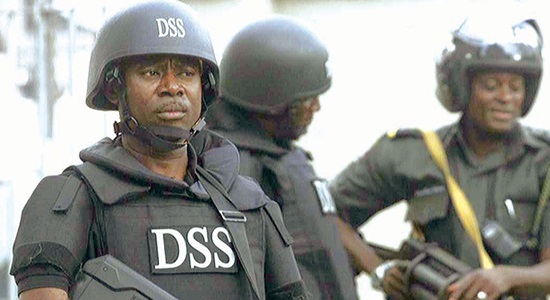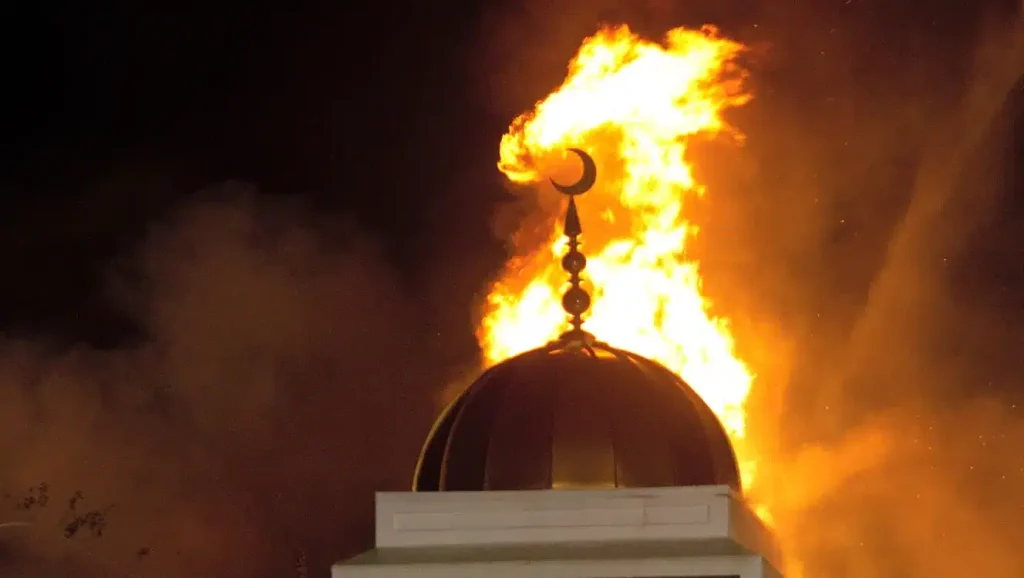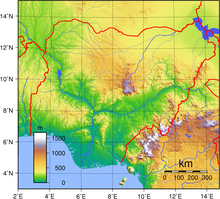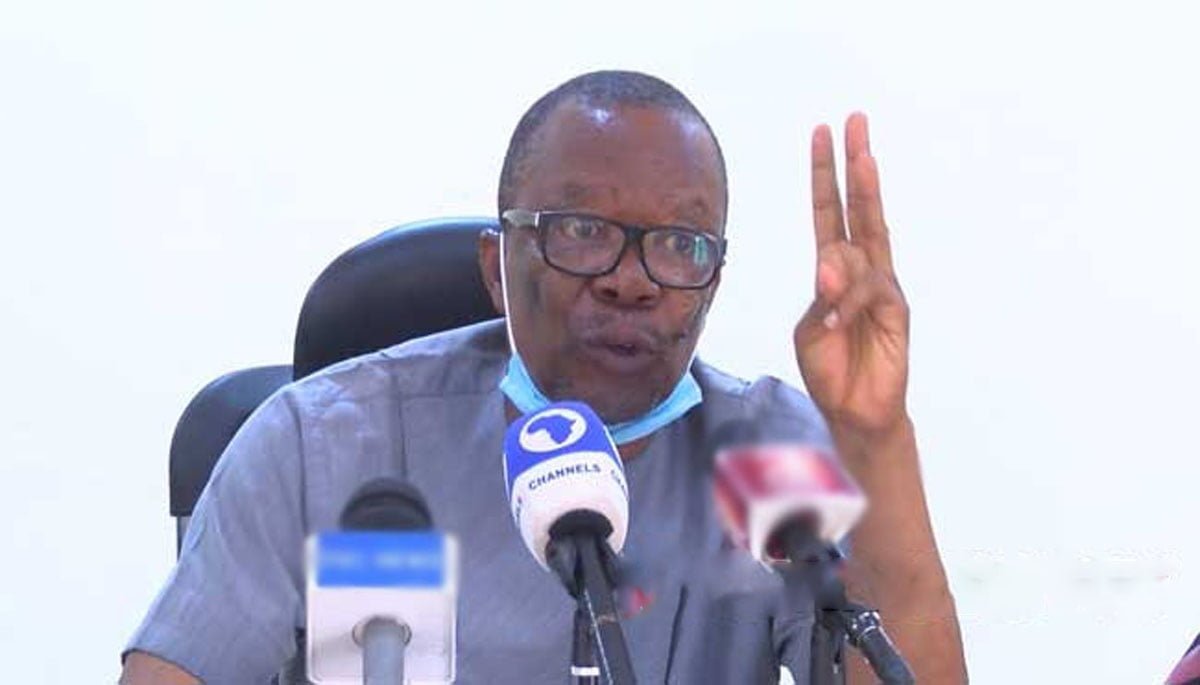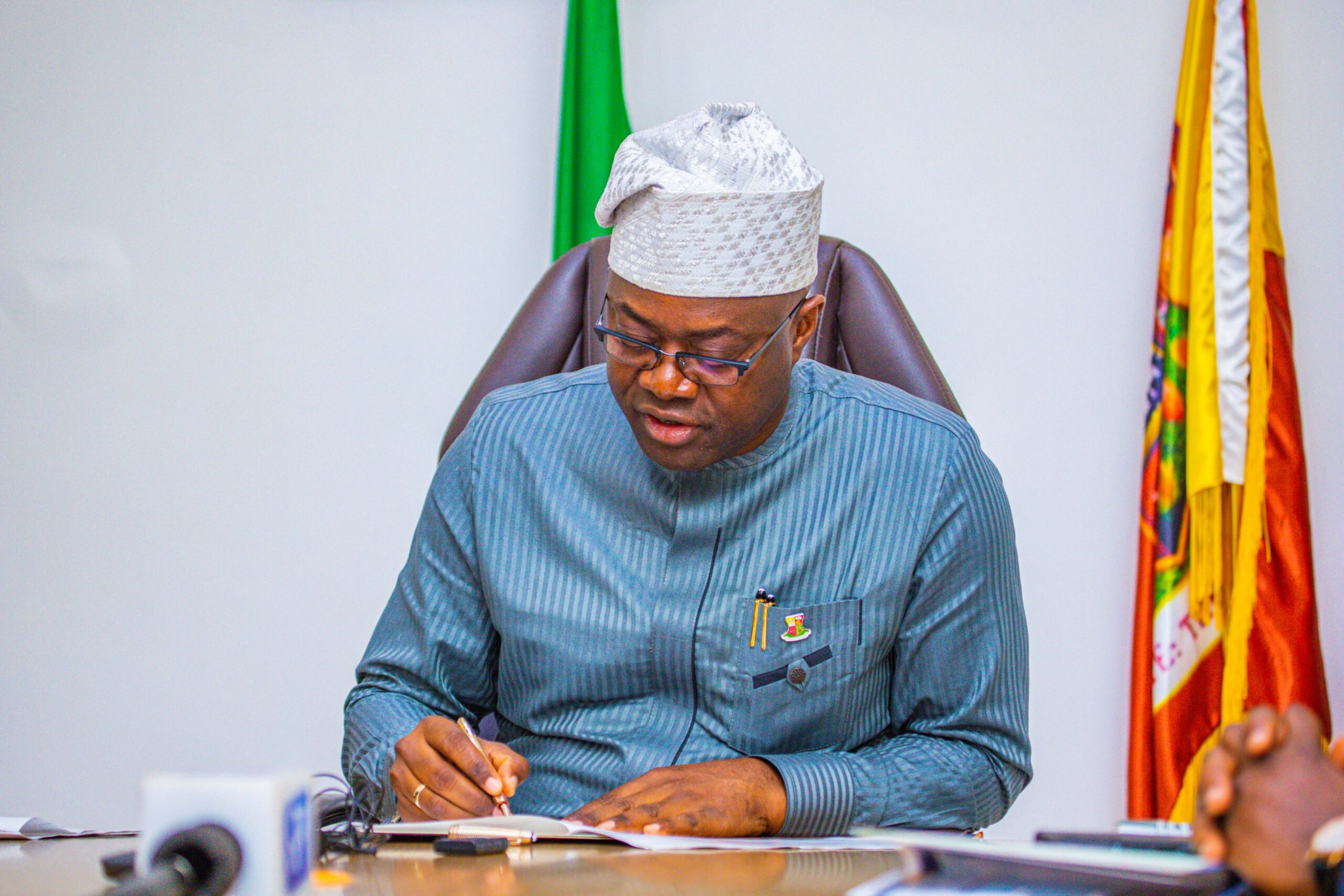The Director-General, Department of State Services (DSS), Mr Yusuf Bichi, has called for more synergy among security and intelligence agencies to combat security challenges facing the nation. The DG who made this appeal during the Annual Lecture and Fourth Investiture of the Institute of Security and Strategic Studies (ISSS) on Saturday in Abuja was inducted into the fellowship of the institute, alongside the Chief of Naval Staff, Vice Adm. Auwal Gambo.
The DSS DG represented by Spokesman, Dr Peter Afunanya, stated that the security could only be enhanced or achieved through collaborative efforts among all the security agencies.
“At the DSS, what we have continued to do is to collaborate with other sister agencies, governments at different levels and indeed all stakeholders in Nigeria and even outside Nigeria to ensure that there is lasting peace.
“Today’s impact further symbolises the commitment and direction of the service in the single fact that we believe that security can only be enhanced or achieved through collaborative efforts,” he said.
At the end of the Annual Lecture and Fourth Investiture of the ISSS, governors of Borno, Nasarawa and Zamfara States were honoured as fellows for their outstanding contributions to national security. Aside fromside beign honoured as a fellow, Gov. Bello Matawalle of Zamfara was awarded the Best Governor of Collective Security Advocate for 2020.
Others honoured at the event are Insp. Seibol Selchum, a police traffic officer in FCT, Hajiya Zahra Mohammed of Neighbourhood Enlightenment and Safety Organisation (NESO), Lawrence Alobi, former Commissioner of Police, FCT, and Director-General, Raw Material Research and Development Agency, Prof. Ibrahim Doko.
Chairman, Governing Council of ISSS, retired Maj.-Gen. Garba Audu, said the investiture and awards were in recognition of individual contributions to national security. He continued by ststing that the fellows were expected to be stakeholders in consolidating the modest achievements of the institute, especially in the non kinetic space to address the prevailing security challenges.
He continued further that the institute had taken cognisance of individuals and corporate bodies that had contributed in positively enhancing the national security architecture in areas of non-kinetic approach.
“Over the years the Institute has developed several professional courses in security, strategy and development.
“Most of these courses have been attended by personnel of our various security institutions and evidently, they were better informed at the end of each course,” he said.



